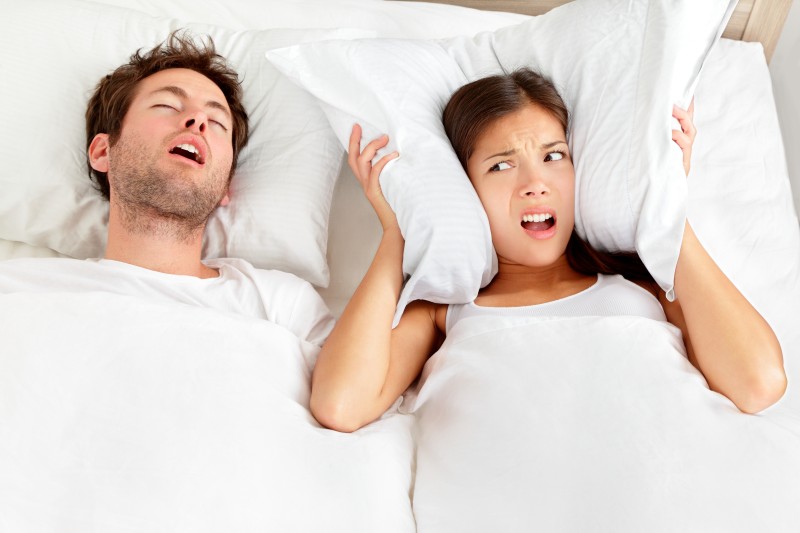
Sleep is one of the most overlooked aspects of health, fitness and well-being. We all know how much better we feel and how much more energy we have when we have had a good nights sleep yet it often slips down the priority list and is squeezed in around other activities.
Sleep is a subject close to my heart at the moment following the recent arrival of our baby daughter, Lucia! To help overcome the change in my sleep patterns, I am now often asleep before 9pm and will take daytime naps on Saturday and Sunday. By prioritising sleep, I know my energy levels and health will be better which I hope will help me do my new job as a Daddy as well as possible!
I see an increasing number of clients for whom sleep is an issue. From a body composition perspective, inadequate sleep can stall fat or weight loss completely. This happens quite frequently and sometimes leads people to blame other factors for their lack of results when, in fact, sleep is the root of the problem. Lack of sleep lowers the production of a growth hormone. Whilst this growth hormone controls - as you would expect - growth, it also helps fat burning. Simply, better sleep = growth hormone = more fat burning.
Other reasons poor sleep affects body composition and results are:
- increased carbohydrate craving
- increased caffeine consumption
- poor lifestyle decision making
- less energy meaning less intense exercise
- delayed recovery from exercise
A combination of the last two means training adaptations won't be as good as they could be.
Sleep is vital to the body for growth, repair and recovery, not just from training or exercise but from the trials and tribulations of everyday life. It is also important for the immune system. Many people think they "only need x hours sleep". Whilst they may feel quite good on, for instance, 6 hours sleep, this is due to the body adapting to this pattern over time. In the long-term, insufficient sleep means the body is exposed to elevated cortisol (a stress hormone I talk about on a daily basis!) for a prolonged periods of time. Those of you who have had a Biosignature Assessment will know that this increases the likelihood of fat being stored on your stomach and, in the long term, it can be a contributor to the onset of major diseases such as heart disease, cancers and nerve disorders.
So how much sleep do we need?
There is growing research and acceptance that with ever-increasing stress levels and exposure to environmental pollutants, the vast majority of us require 8-9 hours sleep per night. Some researchers say this should be unbroken, others suggest waking once is ok. It is now accepted that the more sleep you can get before midnight the better - it's not just an old wives tale! Also, a number of successful people are advocating sleeping from around 8pm - 4am. The added benefit of this is increased productivity in the early mornings before the rest of the world is functioning and the phone calls and emails start arriving!
Should I nap?
In a word: yes! If you get the opportunity, napping in the daytime will raise your energy levels, lower your stress levels and help you adapt better to your training. Any amount from a couple of minutes up to an hour can be beneficial, but this will vary from person to person.
See our related article - "11 ways to improve your sleep".
Sleep well!!
